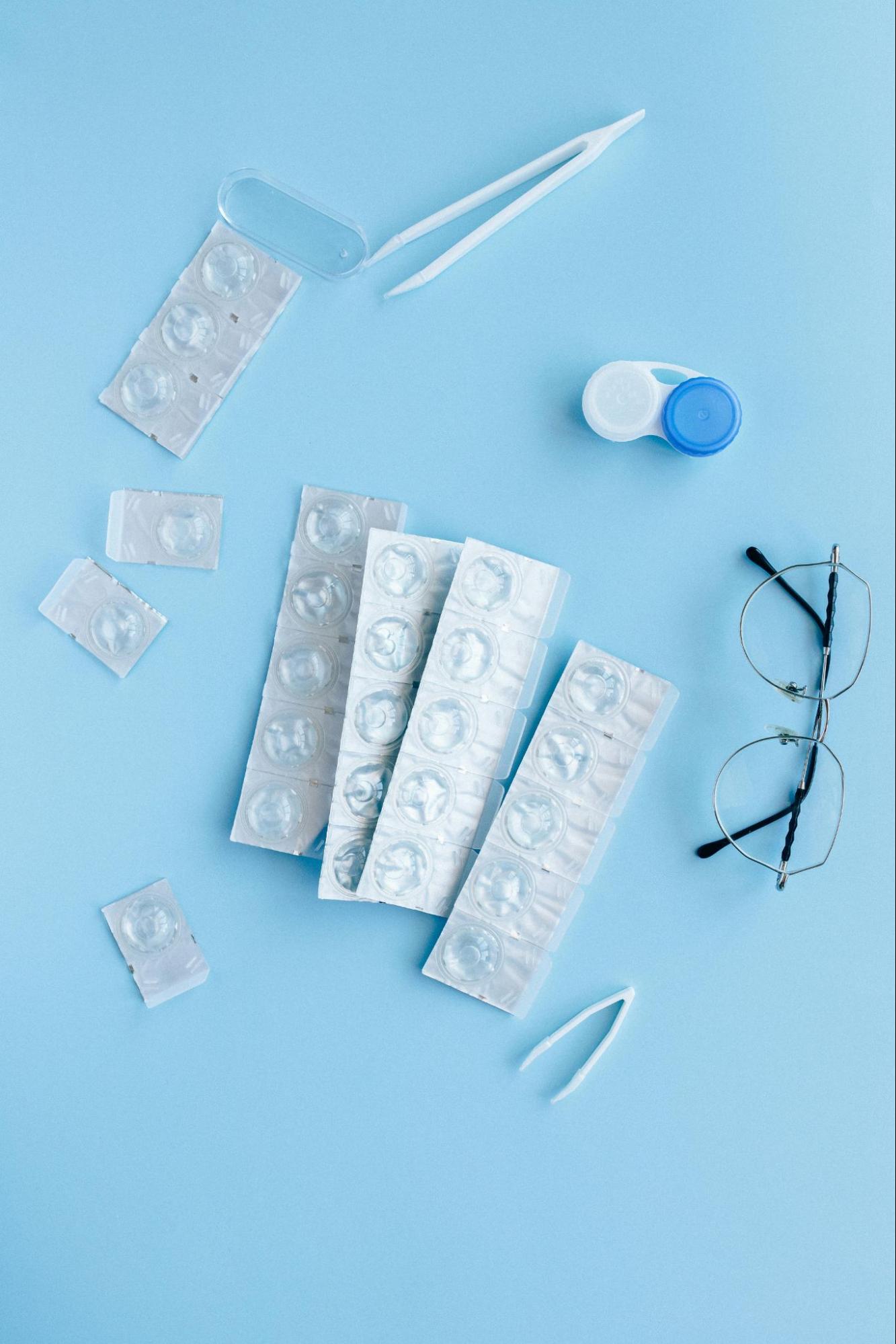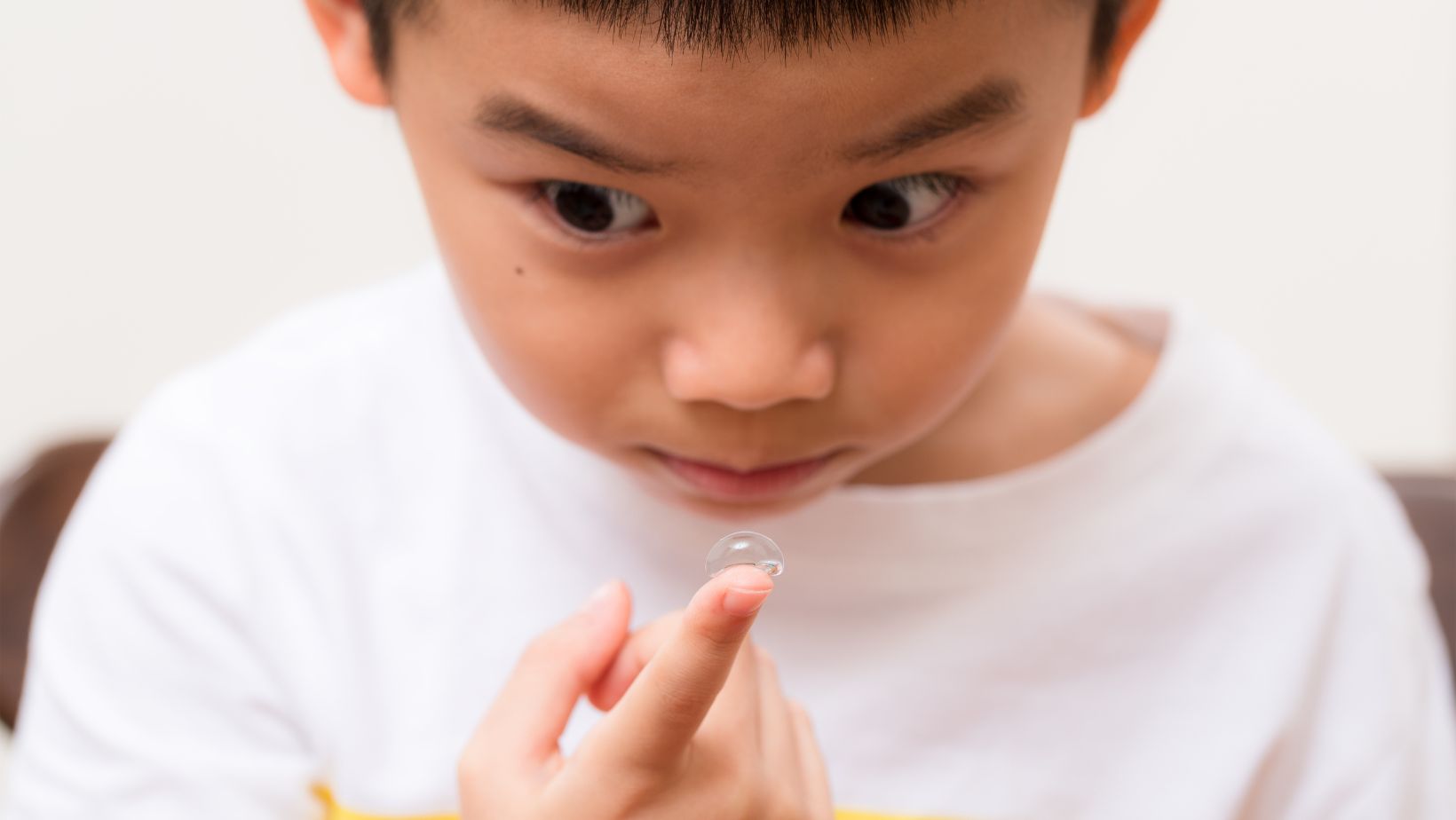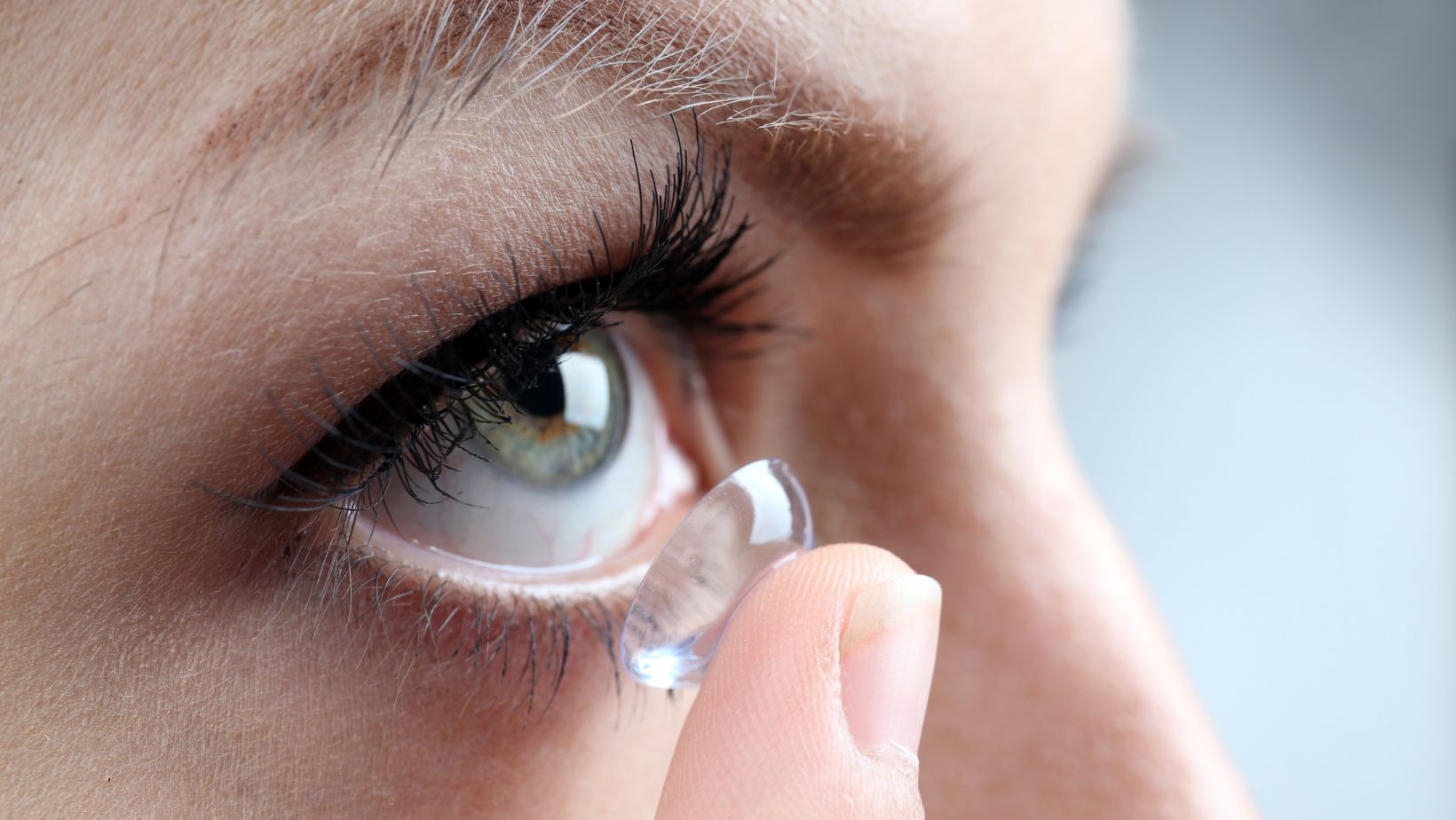
It’s a daunting thing to think about your child requiring spectacles or glasses from a young age, but the earlier your young one gets assistance, the better for their eye sight. There are many factors to consider when making the decision on behalf of your child, from their activity level to their hobbies and needs, and this article aims to answer some questions you may have. Let’s dive in.
Special Circumstances
It’s essential to start off by saying that this is not a one size fits all type of matter. However, generally speaking, contact lenses can be used for babies as young as 6 months but only in special circumstances, including those related to birth defects like a large discrepancy or imbalance in the right eye versus the left eye with the difference being too great to be rectified by spectacles. This applies in cases where one eye is considerably more far-sighted, near-sighted or astigmatic than the other.
Another reason for contact lenses in infants and toddlers is if they have undergone cataract or lens surgery and have required corrective surgery thereafter. The cases mentioned here are referred to as special circumstances for a reason, since they don’t happen all too often. However, it is crucial for parents to have all the information in order to make an informed decision and purchase the correct precision 1 contact lenses for their loved ones.
Consider Your Child First
It seems almost obvious to say that your child’s well-being should come first, but in stressful situations panic can set in and parents can be overcome with emotion and fear. An ophthalmologist is a great starting point to get an initial idea of the situation. However, remember that you are the one who knows your child the best and can make good decisions on their behalf. Think about what your child likes to do on a daily basis. Do they enjoy swimming and playing in water? Then contact lenses may be a bit challenging. Make sure that you get the most info you can from your doctor, and don’t be shy to ask questions or let them know about your concerns.

The next thing to consider is your child’s level of responsibility: in other words, will they be able to take them out and put them back in on their own? If you don’t think that the right level of hygiene will be maintained, then perhaps it’s best to stick to spectacles for the time being or until they get a little older. The last thing you as a parent want is for your child to get an eye infection as these can be serious and very scary. If you believe that contact lenses suit your child’s lifestyle and preferences, then you also need to keep an eye (excuse the pun) on their lens schedule, meaning when they need to be taken out and replaced, as well as when and how they need to be cleaned.
How Invasive Can Contact Lenses Be?
If handled and cleaned correctly, contact lenses are a fantastic invention that save time, money and allow for a better aesthetic. The key here is that children, particularly young ones, don’t really need to be worried about their aesthetic and how they look. It should be a choice based on convenience and something that improves your child’s life for the better. Will they be able to play with their friends more often and with less fear of breaking their spectacles? Will they be able to run more freely and make more friends? If the answer is yes, then you should consider looking into contact lenses for your child.

It was mentioned above that the absolute youngest age for contact lens use is 6 months, however that is only called for in special circumstances. If your child’s eyesight is not bad from birth, then ophthalmologists recommend using contact lenses from an age at which your child can take care of them (mostly) by themselves. This again depends on what kind of child you have, how responsible and careful they are, how aware they are of hygiene and infections, and whether they can take on this ‘challenge’ on their own. Dexterity also plays a role here as placing contact lenses in your eye isn’t the easiest task and requires quite a bit of practice. So, having said all of this, the youngest recommended age is 8-10 years.
Allergic Reactions
This is a big one because an allergic reaction can be very serious depending on the severity, as well as when the allergic reaction is noticed. Before making any decisions, it’s crucial to speak to your GP or (better yet) your eye specialist about possible allergies that your child may have. This can be an allergy to the contact lens itself as well as to the cleaning liquid used or even the plastic container that the lenses are kept in. It’s highly unlikely that your loved one will get an allergic reaction, and even less likely that they’ll be permanently hurt, but as the saying goes: better safe than sorry.
Deciding on contact lenses for a young child can be nerve-racking and being a parent in general is a tough job. Luckily, there are professionals out there who are more than happy to help. Don’t be afraid to shop around for a good ophthalmologist who both you and your child trust, consider your child’s lifestyle and what activities they enjoy, and lastly make sure that you keep the spectacles in case your child can’t manage their contacts. There’s no harm in trying and then going back if it doesn’t work. Your child comes first.


















